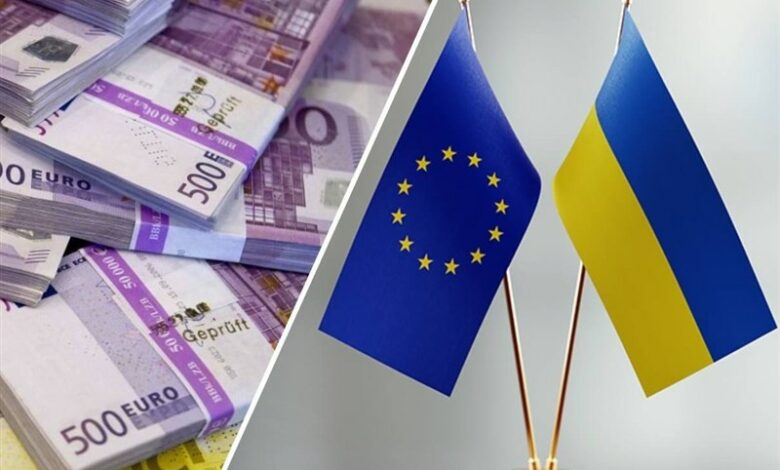The European Union continues the process of approving financial aid to Ukraine without the consent of Hungary

| According to some European diplomats, despite Hungary's opposition, the European Union is advancing the process of approving and implementing new billions of aid to Ukraine. |
Despite Hungary’s continued resistance, the European Union is moving forward with preparations for a new billion in aid to Ukraine. In Brussels, the representatives of the member states decided by a majority vote to start negotiations with the European Parliament on the protection plans. This is what several European diplomats told the German news agency.
Accordingly, the goal is to be able to implement this aid program as soon as possible after the possible surrender of Hungarian Prime Minister Viktor Orbán. This also requires the approval of the European Parliament.
In fact, at the EU summit last December, a new aid program for Ukraine worth 50 billion euros for the next four years was supposed to be agreed at the level of the member states. . However, consensus was needed there.
Hungarian Prime Minister Viktor Orbán vetoed the decision. He had previously questioned the usefulness of these plans several times, and in this context he also noted that, in his opinion, the European Union has wrongly blocked funds from the planned EU budget for Hungary.
According to the diplomats, at the meeting of the permanent representatives of the EU member states, the representative of Hungary supported a compromise that stipulates financial aid. It must be approved annually by EU member states. But many others rejected it, including on the grounds that it would give Hungary time to impose more blockades.
The EU wants to use the aid to help the Ukrainian government pay Wages and pensions continue. In addition, the operation of hospitals, schools and emergency accommodation for displaced people should be guaranteed with these financial contributions.
Furthermore, it is stipulated that this money can also be used to rebuild infrastructure. Destroyed by the Russian war to be used. These include power lines, water systems, as well as roads and bridges. Last year, the European Union paid financial aid worth 18 billion euros to this country.
end of message/
| Publisher | Tasnim News |


